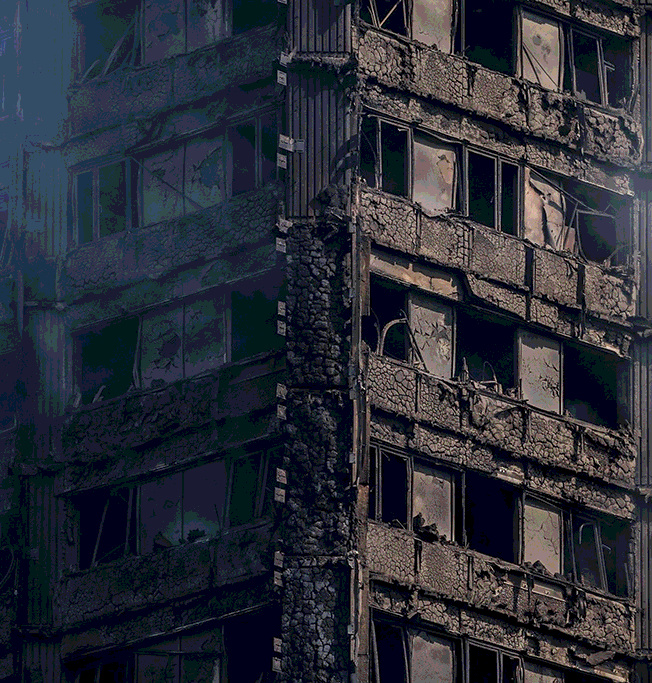Victoria imposes cladding ban
 The Victorian Government is banning combustible cladding.
The Victorian Government is banning combustible cladding.
Minister for Planning Richard Wynne has released new ministerial guidelines to building surveyors which focuses on buildings where people sleep or gather.
Aluminium cladding panels with a polyethylene core of more than 30 per cent will be banned on all multi-storey buildings. Expanded polystyrene will also be banned.
Mr Wynne has directed the Victorian Building Authority (VBA) to issue a product safety alert, and building practitioners who ignore the directive will face disciplinary action from the VBA.
Last year, the Labor Government established the Victorian Cladding Taskforce to investigate the extent of non-compliant cladding on Victorian buildings.
The taskforce is chaired by former Premier Ted Baillieu and Deputy Premier John Thwaites, and handed down its initial report in December.
The taskforce originally identified 1,369 buildings as most likely having aluminium cladding panels with a polyethylene core or expanded polystyrene, but already that figure is decreasing.
Of those buildings, 579 have not begun construction, and a further 129 are half built.
The government has beefed up the powers and resources of the (VBA), which has already assessed 87 buildings as part of a statewide audit.
If buildings are found to be non-compliant, the VBA and Municipal Building Surveyors are issuing emergency orders, ensuring additional measures are put in place to meet the highest standards of safety.
Building practitioners are now on notice, with the Government directing the VBA to inspect more of Victoria’s buildings each year, from less than two per cent annually to 10 per cent.
Building experts say the measures are already enforced under the Australian Building Standards.
“It's disappointing that they're trying to get some cheap publicity over no change at all,” Sahil Bhasin, from building inspection company Roscon, told the ABC.
“Class-two buildings, being residential, are prohibited to have a combustible facade and [the] announcement does not change that at all.”
The changes do not address buildings that already have combustible cladding.
“This will not address any of the wrong material we've got in the country,” Mr Bhasin said.
“The community is scared in some towers where they're of high risk, in others they're curious, they're concerned, they would like answers.”







 Print
Print